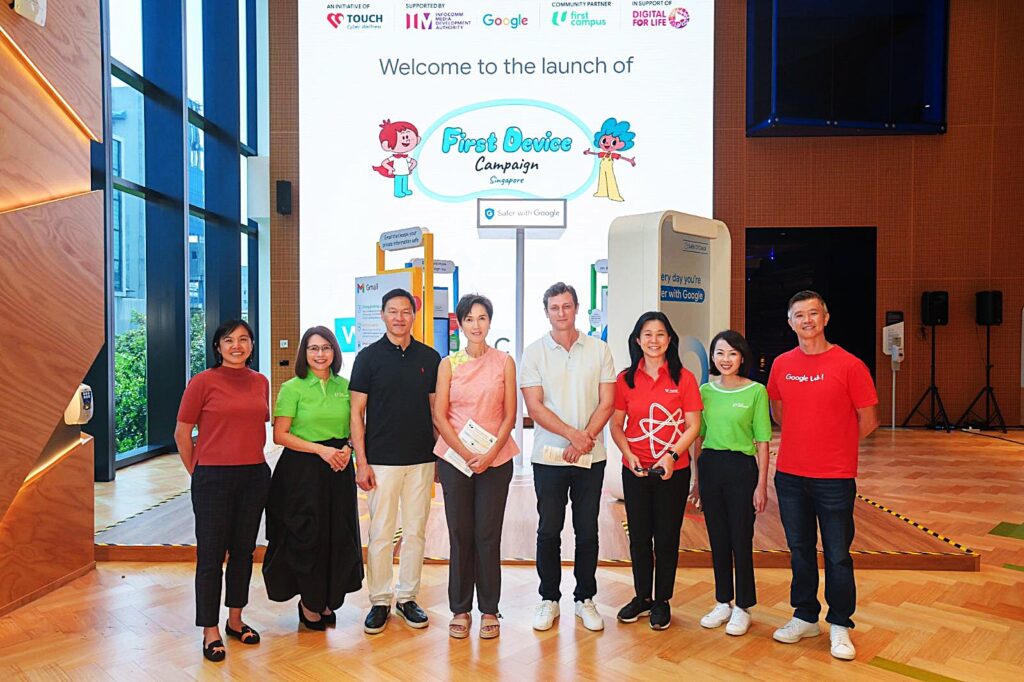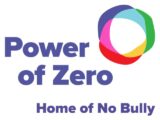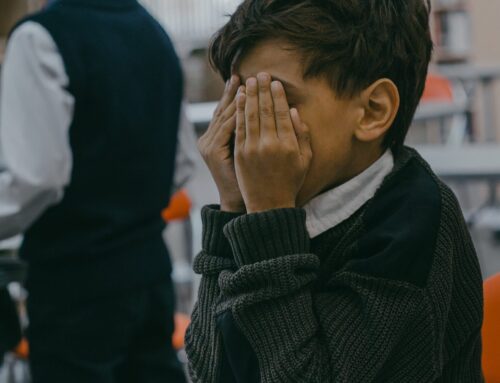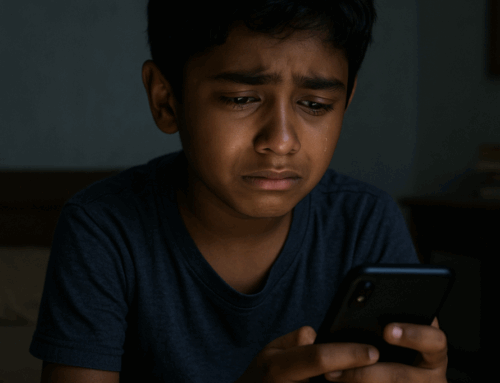Singapore is on course to become Asia’s digital tiger. But at what cost to its children? In this article, we speak to our partners at Touch Community Services about the online lives of Singaporean children and what they are doing to support their cyber wellness.
Singapore is racing to the forefront of the world’s tech-smart nations. Since 2015, the city-state has launched a series of bold initiatives to transform itself into a “Smart Nation,” embracing cutting-edge technologies such as artificial intelligence, 5G networks, and advanced data analytics. However, this swift progress comes with challenges, particularly for parents concerned about their children’s safety online.
Tackling Online Safety Challenges
In Singapore, children and teens face several online risks that parents and educators are working to address. The rise of Cyberbullying, where children face harassment and attacks through the internet, is a growing concern. Online anxiety, stemming from stressful digital experiences, affects many, while Digital distraction — spending too much time on devices at the expense of other activities—is another challenge many families face.
But the country isn’t turning a blind eye to these issues. Government agencies and tech companies are actively collaborating on solutions to make the internet safer for kids while preserving the benefits of digital connectivity
TOUCH Cyber Wellness (TOUCH), has been at the forefront of promoting cyber wellness in Singapore since 2001. As a leading and award-winning pioneer in this field, TCW has reached over 360 schools and engaged more than 1.6 million children, youths, parents, educators, and counselors. Through mentoring and advocacy, TCW helps address social and behavioral challenges linked to excessive online use, offering a variety of intervention programs that instill principles of good digital citizenship.
A 2018 DQ Institute report revealed that 50% of children in Singapore aged 7 to 12 access the internet through their own devices. This early exposure has had notable effects on their social skills. Digital dependency in Singapore often begins before a child steps into a classroom. The country’s work culture adds to this: with many parents returning to the workforce shortly after paternity leave, childcare can become a logistical struggle. Grandparents and other caregivers frequently take on these responsibilities, with screens becoming a convenient fallback for keeping young children occupied. Even well-meaning parents, hoping to engage their children, may inadvertently accelerate early tech use. As a result, preschoolers—and even toddlers—are quickly becoming adept with devices used primarily for entertainment.
By the time parents realize it’s a problematic behaviour, making changes can be challenging. Children also often mimic their parents’ device usage, competing for attention against the very screens that occupy their parents.
This early and intense exposure to digital devices is reshaping family dynamics and traditional values in Singapore, highlighting the need for balanced approaches to technology use in the home.
When introducing children to the online world take it SLOW

Photo courtesy of TOUCH Community Services
In response, TOUCH developed the First Device Campaign for Singapore, launched on March 23rd, 2024 at Google Singapore.
The First Device Campaign draws the analogy between a child receiving their first device and other significant milestones such as learning to walk or ride a bike. Just as kids need their parents’ help and advice in these activities, they also require support when using the internet.
To aid parents in this journey, TOUCH created the Singapore Heroes of Zero, an animated video series families can watch together, in which the young heroes use their superpowers to overcome online and offline challenges. They have also made a digital parenting guide available for download and an interactive children’s media plan that includes fridge magnets to help children manage their screen time
The campaign launch event, held at Google Singapore, was attended by 100 children and their parents who participated in engaging stage and booth activities. Mrs. Josephine Teo, Minister for Communications and Information and Second Minister for Home Affairs attended the event, underscoring the importance of this initiative. The campaign has reached over 393,000 on Facebook and Instagram. With thousands of website views, the First Device Campaign resonated with parents across Singapore.
To learn more about TOUCH Community Services and its work supporting the cyber wellness of young children in Singapore, visit their First Device Campaign website.







Leave A Comment